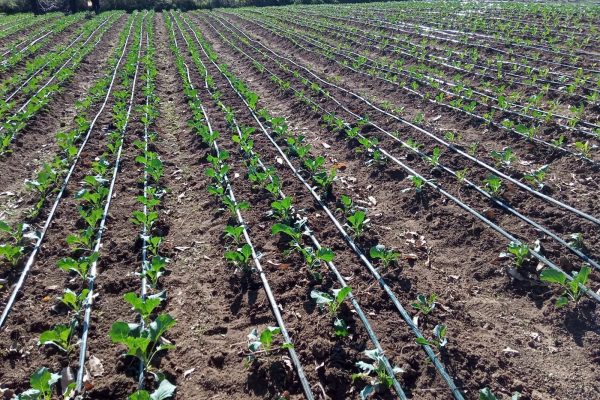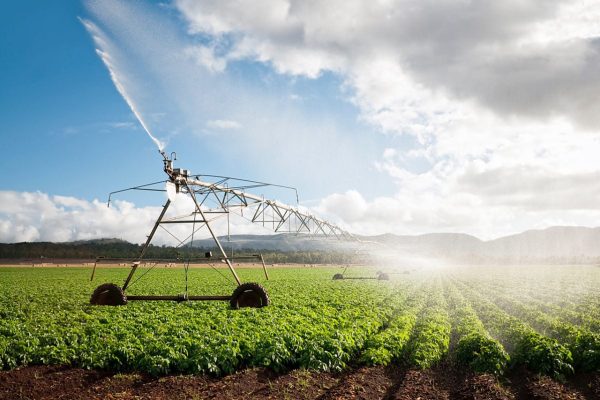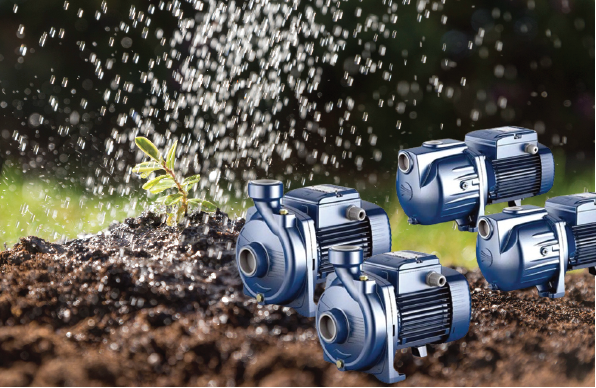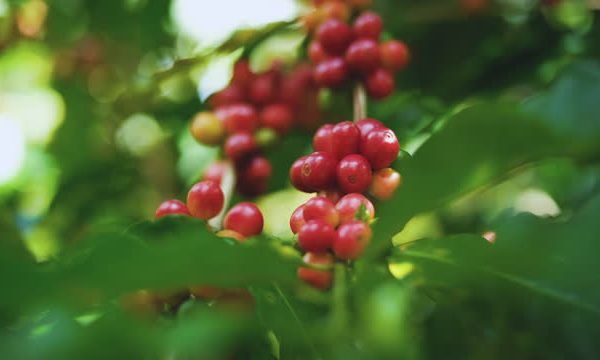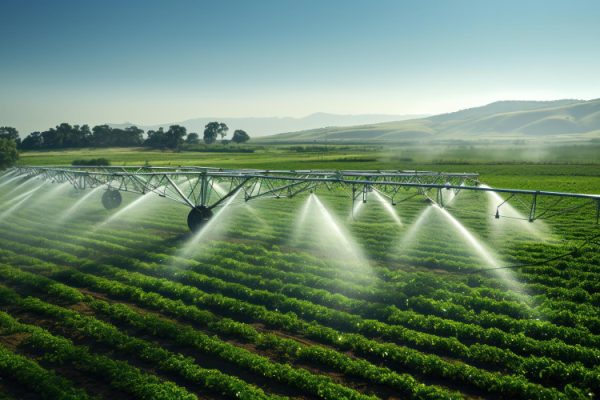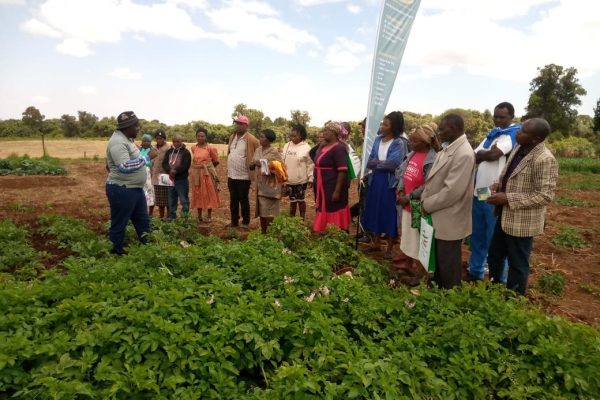
Empowering Farmers with Quality Supplies: New Down Town Seed
New Down Town Seed, an established agrovet based in Mwea, Kenya, plays a significant role in supporting farmers and agricultural enterprises throughout the region. As a trusted source for high-quality seeds, fertilizers, and various agrovet products, New Down Town Seed has developed a reputation for its reliability, extensive product range, and commitment to customer service. In an industry that demands both quality and knowledge, New Down Town Seed stands out for its dedication to the agricultural community in Kenya, making it a preferred choice among farmers and agrovets alike. Contact Us:+254 727 811 732 | +254 705 582 489info@newdowntownscs.co.kewww. newdowntownscs.co.ke Comprehensive Range of Agricultural Products New Down Town Seed offers an impressive selection of agricultural products, ensuring that farmers have access to everything they need to maintain productive, healthy farms. The agrovet provides a diverse assortment of seeds, from staple crops like maize and beans to specialized vegetable seeds that support various crop rotations and yield goals. Additionally, the agrovet supplies premium fertilizers tailored to different crops, ensuring that plants receive the nutrients necessary for optimal growth. Beyond seeds and fertilizers, New Down Town Seed stocks essential pest control products, animal health supplies, and soil health enhancers, recognizing that effective farming requires more than just basic supplies. By carrying a comprehensive selection of agrovet products, the company supports the various needs of farmers and agrovets throughout Kenya, helping them maintain both crop and livestock health. Why Farmers Choose New Down Town Seed With so many options for agrovet suppliers, farmers continue to choose New Down Town Seed for its quality assurance, competitive pricing, and customer-centric approach. Every product stocked undergoes a rigorous selection process, ensuring that only top-quality items reach customers. This emphasis on quality gives farmers confidence that the products they invest in will deliver results, contributing to stronger yields and healthier livestock. The agrovet’s pricing structure reflects a commitment to accessibility, helping farmers maximize productivity without stretching their budgets. Whether sourcing seeds for a small family farm or purchasing bulk fertilizers for a larger operation, farmers can rely on New Down Town Seed to deliver value. A Knowledgeable, Friendly Team Ready to Help One of the defining features of New Down Town Seed is its team of friendly, knowledgeable staff members who prioritize customer support. Agriculture can be complex, with unique challenges arising from soil types, climate conditions, and crop selection. The agrovet’s staff are highly trained to guide farmers through these variables, offering advice and recommendations that align with each customer’s specific needs. The New Down Town Seed team goes beyond simply selling products; they take the time to understand each customer’s objectives and challenges. This hands-on support fosters long-term relationships with clients, who appreciate the personalized service and expert insights they receive. The team’s commitment to guiding clients is especially beneficial for newer farmers who may need help understanding optimal planting schedules, fertilizer application, or pest control strategies. A Trusted Partner in Agricultural Success New Down Town Seed has earned its position as a trusted partner to the agricultural community, not just through its products but through its overall commitment to customer success. The agrovet actively participates in the local community, offering workshops, demonstrations, and product trials to educate farmers on the latest agricultural techniques and products. By creating a platform for farmers to learn and grow, New Down Town Seed strengthens the broader agricultural community in Mwea and beyond. Farmers are more confident in sourcing from New Down Town Seed because they know they are receiving products backed by expertise and a vested interest in their success. This agrovet’s commitment to supporting the entire agricultural cycle—sourcing, planting, growing, and harvesting—establishes it as a partner rather than just a supplier. Why You Should Consider New Down Town Seed Choosing New Down Town Seed means choosing a supplier that understands and prioritizes your success. For both farmers and other agrovets looking to source from a reliable supplier, New Down Town Seed offers quality products, competitive pricing, and knowledgeable support. The agrovet’s focus on building relationships with customers makes it a standout choice in the industry, and its dedication to quality and community engagement ensures that clients can depend on its products and advice for the long term. In addition to a friendly team and a broad selection of products, New Down Town Seed distinguishes itself by its adaptability and responsiveness to Kenya’s evolving agricultural landscape. The agrovet continually updates its stock to reflect the latest advancements in agricultural science, ensuring that farmers have access to new products that enhance efficiency and sustainability. This forward-looking approach positions New Down Town Seed as a leader in Kenya’s agrovet industry, committed to empowering farmers for lasting success. Commitment to Kenya’s Agricultural Future New Down Town Seed’s commitment to the agricultural future of Kenya is evident in everything it does. The company believes in empowering farmers and communities, offering not only products but support, training, and knowledge. This dedication ensures that New Down Town Seed customers are well-equipped to meet the challenges of modern farming, from climate variability to pest management and beyond. For farmers and agrovets across Kenya, New Down Town Seed remains a trusted partner in every phase of the agricultural journey. From its extensive product range to its exceptional customer service, New Down Town Seed continues to make a meaningful impact, helping Kenya’s agricultural sector grow stronger and more resilient. Our Contacts:Contact TrendBlend HubWebsite: – Click HereWhatsApp | Call: +254 743 149 267 | + 254 738 352 258Email Address: info@trendblend.co.ke | sales@trendblend.co.keFollow our IG: @TrendBlendHubKe

